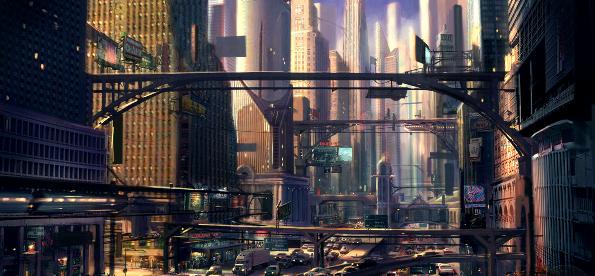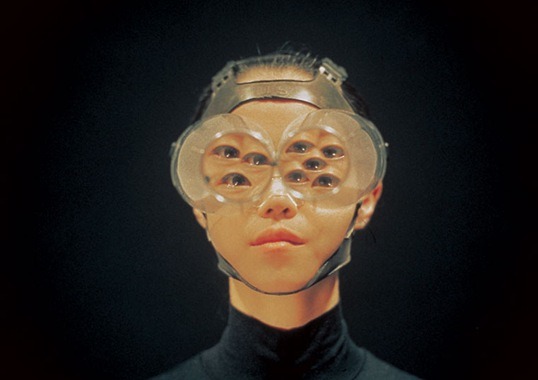Metropolis
One of four scenarios attempting to answer the question: How can projects combining creativity and technology become transformative experiences for our users?
Capstone projects produce multi-sensory interactive installations on a massive scale.
Scenario axes: Incremental impact, focus on technological innovation.
Metropolis is a technocracy, where engineers have access to vast amounts of funding to develop large scale, complex technologies. The military, energy and space industries employ armies of developers to create novel solutions to ever increasing problems. Governments fund research projects on a colossal scale, combining quantum computing, speculative design and arts, attempting to get ahead of the next technological hype. Every child in Metropolis wants to become an expert, as most of the tools developed are designed for experts of various flavours. Innovation is driven by an incessant technology push, with an ever increasing number of programming languages, protocols, platforms and operating systems. Only an expert can navigate this technological Tower of Babel. People don't interact with people much, they prefer to interact with machines instead: they shop online using natural language processing, most of their money is placed in bitcoin speculations, they drive smart electric cars and have relationships with social robots at home and at work. The non-experts are kept sedate with awe-inspiring immersive interactive environments that respond to any stimuli imaginable. These installations deploy the most advanced smart materials, using biomimicry to make them more responsive to the visitors' whims. The interaction happens seamlessly, using wearable devices and skin implants, allowing passers-by to be always ready to engage in new mixed-, augmented-, or virtual-reality experiences. In Metropolis, everything is bigger and better than anywhere else. Technology is omnipresent, although most of it remains unused or unusable. There is so much going on that its inhabitants exist in a numbed daze, without ever being able to stop and ask why.
Related:

